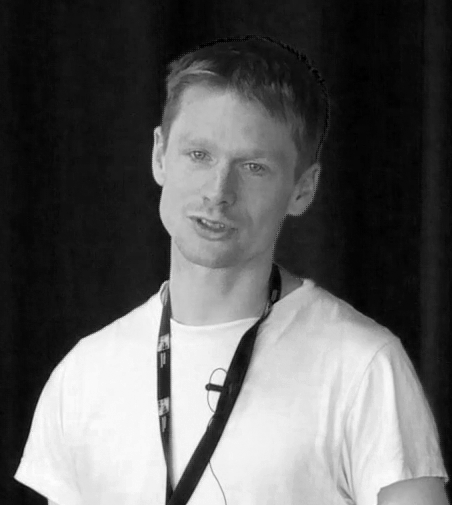
Can all things be counted?
Speaker:
Chris Scambler (New York University)
Recent work in modal set theory has seen the development of formal theories encapsulating ‘indefinite extensibility’ responses to the Russell paradox (e.g. in the work of Linnebo and Studd). The guiding idea is that although the Russell paradox shows that (necessarily) there are some things that don’t form a set, nevertheless any (possible) things possibly form a set. Such theories have Kripke models whose possible worlds are ranks of the cumulative hierarchy, and they can also be shown to interpret standard first order set theories under ‘potentialist translations’. As a result many of the benefits that are offered by the combination of the standard iterative conception of sets and Zermelo-Fraenkel set theory are also offered by these theories, even though the latter do not posit the existence of any ‘special’ things that can’t form a set.
This article offers a formal theory that, in addition to endorsing an indefinite extensibility solution to the Russell paradox, also endorses an indefinite extensibility ‘solution’ to Cantor’s theorem. The guiding idea is that although Cantor’s theorem shows that (necessarily) there are some things that are not in the range of a function defined on the natural numbers, nev- ertheless any possible things are possibly in the range of such a function. I give a consistency proof (relative to standard set theory) for a theory in modal and plural logic that formalizes these ideas by adapting the system of ‘generic multiverse rank potentialism’ studied by Linnebo and Hamkins. I then discuss potentialist translations of standard set theories into the theory. I show that although the developed theory interprets full standard set theory under a restricted interpretation, nevertheless the full modal language satisfies a natural translation of ‘all sets are countable’. Just as the modal indefinite extensibility theories for the Russell put pressure on the idea that there are some special things that can’t form a set, I suggest that the modal indefinite extensibility theory for Cantor’s theorem puts pressure on the idea that there are some special things that can’t be in the range of a function on the natural numbers. I suggest that this shows that uncountable infinities are not really needed, even for standard set theory.
